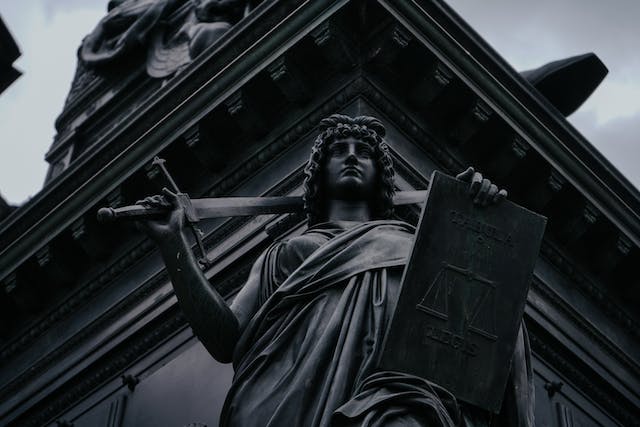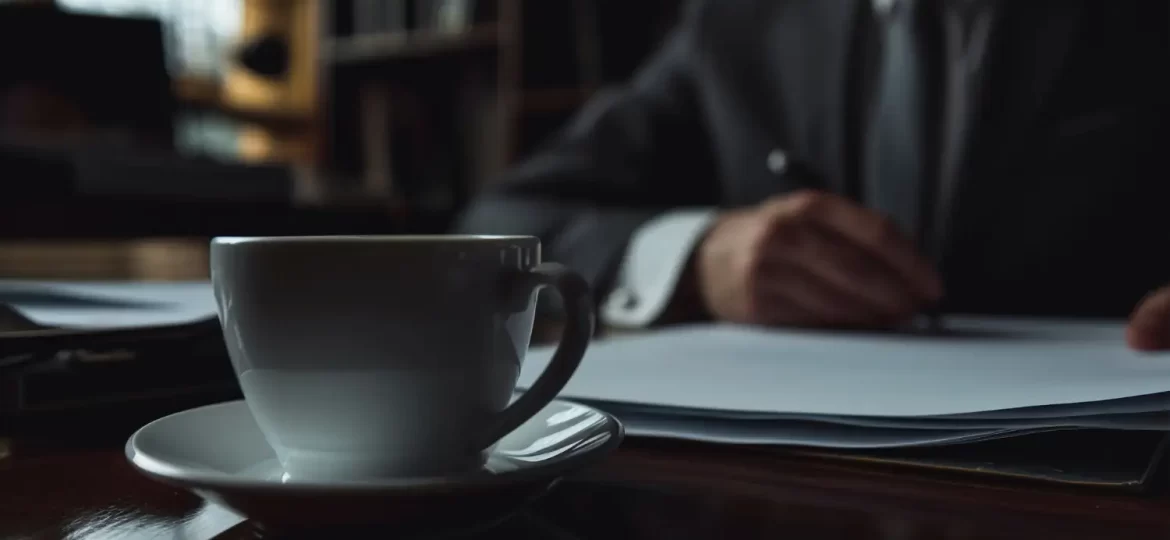The United Arab Emirates (UAE) plays a vital role in international business, and for those conducting affairs remotely, navigating legal processes can be complex. One such process is executing a Power of Attorney (POA) to be used within the UAE. While a local notary public typically handles POAs within the UAE, this guide empowers you to understand the steps involved in getting a foreign POA legalized for use in this dynamic nation.
Understanding the Legalization Hurdle
Unlike many countries, the UAE is not a party to the Hague Convention Abolishing the Requirement for Legalization for Foreign Public Documents. This means that a POA notarized outside the UAE requires additional legalization steps to be recognized by Emirati authorities. This process is crucial for anyone seeking a UAE Power of Attorney or Dubai POA.
The Roadmap to Legalization
To ensure your POA is accepted in the UAE, follow these meticulous steps:
Notarization at Home: The journey begins with getting your POA notarized by a public notary in your country. The notary will verify your identity and witness your signature, ensuring its authenticity. For company POAs, they may also request proof of your authorization to act on behalf of the company.
Foreign Affairs Ministry Attestation: Next, head to your country’s Ministry of Foreign Affairs (or equivalent department). Here, they will attest to the notary public’s credentials and official capacity, adding another layer of validation to your UAE document legalization.
UAE Embassy/Consulate: The third step involves submitting your POA, along with the Ministry of Foreign Affairs attestation, to the UAE Embassy or Consulate in your country. They will verify the preceding steps and determine any applicable fees based on the document type.
UAE Ministry of Foreign Affairs (MOFA) Stamp: Once the UAE Embassy/Consulate is satisfied, they will forward your POA to the UAE Ministry of Foreign Affairs (MOFA). MOFA’s role is to verify the attestations from your country, essentially giving your POA the official green light for use within the UAE.
Arabic Translation: Here’s a crucial point to remember: official documents in the UAE are primarily in Arabic. Following MOFA attestation, you’ll need to have your POA professionally translated into Arabic by a certified translator.
UAE Ministry of Justice Finalization: The final step involves submitting the Arabic translation to the UAE Ministry of Justice. They will meticulously review it for accuracy, ensuring the translated version faithfully reflects the original document’s content.
Click here to know about our corporate services
Click here to know about our litigation services
Request a Free Consultation



